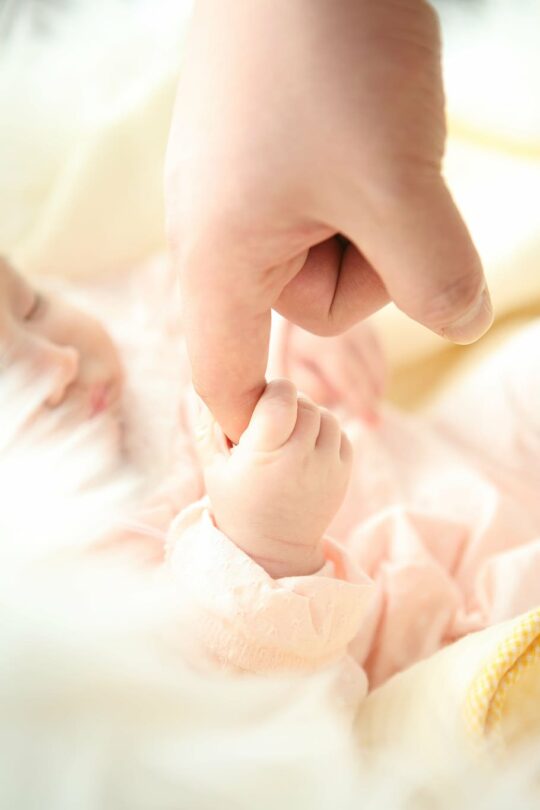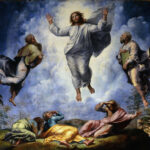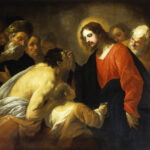Nineteenth Sunday in Ordinary Time
– Year A
God revealing Himself.

Hippie Saint Peter says: “Far out, man! Let’s make three tents, here everything’s so cool… I mean, dude… the cloud, the visions… Psyched!” Credit: Fortnite by Epic Games, Fortnite Fandom Wiki
Yet it is clear that, through the internal logic of the story, even those powerful signs would be part of the plan, and therefore of the action, of God himself. Elijah knows how to recognize him, but sees, indeed feels that his encounter with God was to be mediated by a gesture of gracious majesty, discreetly hiding in small things.
That’s because it is beautiful. Significant.
He lost everything else, he only has God. And here comes a sweet sign for him.
Tell me you’re a father without telling me you’re a father
Do I need to add anything?
Jesus introduces a new, more direct relationship with God the Father…
First of all, being his son in the proper sense, of course. But also introducing the idea that God is, literally, Our Father: a revelation of love.
Yet if on the one hand all this familiarity with God could have appeared obscene to a Pharisee, well… This episode with Elijah is one of those revealing details, hinting at the fact that this peculiar revelation was in the cards, indeed slowly being introduced for some time.
God is already the father of Israel, in many ways and through a number of clues peppering the Old Testament, before it is properly declared for his people and extended to all peoples.
Here we may begin to appreciate how it is precisely fatherhood the most constructive and meaningful representation for a God who is love. His inevitable, true mental image.
Power that knows when to hold back; someone who encourages you to grow up, punishes when necessary, loves you and can show his tender side.
Whatever the shrieking radical feminists and any of their wannabe partners/allies may say, there is a remarkable value in this model, which is splendidly asymmetrical.
We learn to respect the God-Dad (!) and to treasure perpetuating, to the best of our abilities, a healthy model of fatherhood, of virility, of responsible strength.











































